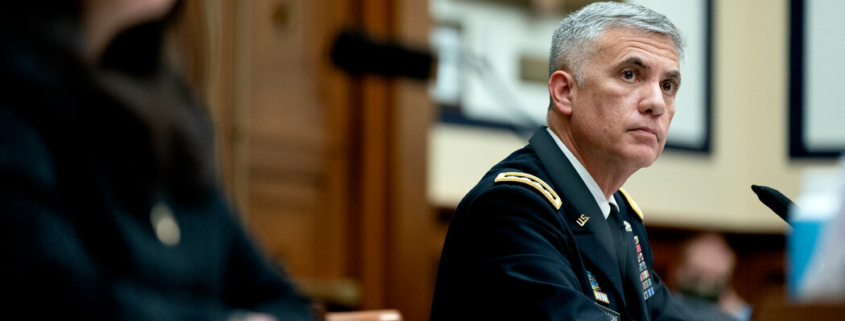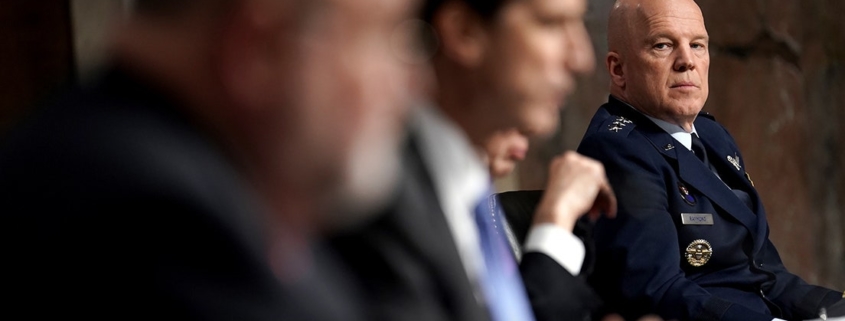General Dynamics’ cloud contract with NGA moves forward after Leidos withdraws protest
WASHINGTON — The National Geospatial Intelligence Agency will begin a major upgrade of its cloud computing infrastructure after a protest over a $4.5 billion cloud-services contract was withdrawn by one of the competitors.
General Dynamics Information Technology on Dec. 8 was selected for a 10-year deal to modernize NGA’s cloud platform and data centers. The award was challenged by another competitor, Leidos, which filed a protest Dec. 28 with the Government Accountability Office.
General Dynamics on March 18 announced it won the contract. According to GAO, the protest filed by Leidos was withdrawn March 16, allowing NGA and General Dynamics to move forward with the work. Bid protests are common on government contracts this size, especially in the highly competitive cloud market.
A component of the U.S. intelligence community, NGA analyzes satellite imagery and other geospatial data for the U.S. military, allies and homeland security agencies.
NGA first solicited bids for the cloud services contract in 2019. The work covers a wide range of services in support of geospatial intelligence users, including the integration of commercial clouds, data center design and operations, mobile secure wireless across multiple networks and agency locations worldwide. Much of the new technology will support NGA’s new campus in St. Louis known as NGA West. The agency’s headquarters is in Northern Virginia in the Washington, D.C. metro area.
The $1.7 billion facility in north St. Louis has been under construction since November 2019 and NGA expects it will be open for business in 2025.
General Dynamics on Dec. 13 announced it is opening a new facility and geospatial innovation center at the Cortex in St. Louis.
NGA officials said upgrading its cloud computing and data infrastructure is a top priority for the agency as it tries to improve the quality and speed of services. A modern cloud enterprise, for example, will facilitate interoperability between the agency and commercial geospatial data providers.



